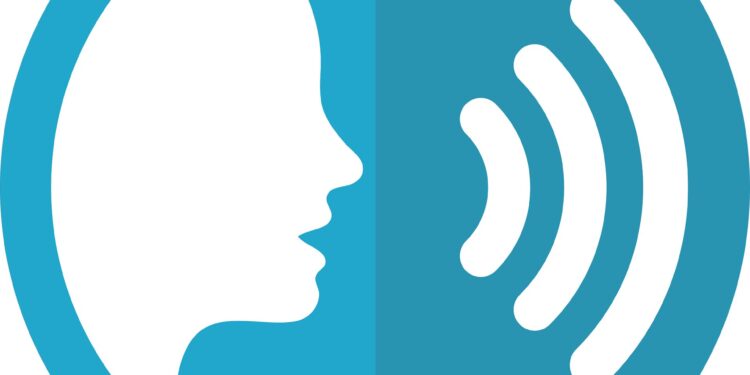Credit: Pixabay/CC0 Public domain
An app developed by UCL that provides speech therapy to people suffering from the language disorder aphasia has been found to significantly improve their ability to speak.
iTalkBetter, developed by the Neurotherapy Group at UCL Queen Square Institute of Neurology, offers users the digital platform to practice over 200 commonly used words, at their own pace and with no limits on the amount of therapy they receive.
While using games to maintain engagement, the in-app speech recognition system analyzes speech in real time to tell the user whether they have named the displayed item correctly.
A new study, published in eMedicineClinical, found that when used over a six-week period for approximately 90 minutes per day, iTalkBetter significantly improved patients’ ability to name items by 13% for the 200 commonly used words. Importantly, spontaneous speech also improved.
Aphasia occurs when a person experiences brain damage, usually on the left side of the organ, leading to speech or language difficulties. The most common causes are strokes, severe head injuries and brain tumors.
Symptoms can vary greatly from person to person. However, most people with aphasia have difficulty speaking and may also have difficulty writing, reading, and listening.
Currently the NHS offers around 12 hours of speech therapy, as well as face-to-face therapy available through some charities or privately.
Corresponding author Professor Alex Leff (UCL Institute of Cognitive Neuroscience and UCL Queen Square Institute of Neurology), said: “Most health systems massively under-dose people with aphasia in terms of hours of speech therapy offered to them. the therapy delivered is a solution to this problem.
“This is the first randomized controlled trial of an app designed to enhance speech, transferred to a naturalistic speech task and showing an effect on connected speech.”
Researchers tested the application in a randomized phase II clinical trial with 27 people with aphasia following a stroke, between September 2020 and March 2022.
The researchers also used structural and functional magnetic resonance imaging (MRI) to see what was happening in participants’ brains while using the app.
Structurally, they found that brain regions related to language perception, production and control increased in size after practicing iTalkBetter.
Professor Leff added: “This is the first task-based fMRI study in people with aphasia to identify dose-related changes in brain function. The more people with aphasia practiced, the more they were able to activate key auditory processing areas in the intact hemisphere. “.
iTalkBetter will soon be rolled out as an app accessible to all appropriate patients.
More information:
Effectiveness of a gamified digital therapy for speech production in people with chronic aphasia (iTalkBetter): behavioral and imaging results from a randomized phase II clinical trial, eMedicineClinical (2024). DOI: 10.1016/j.eclinm.2024.102483
Provided by University College London
Quote: Digital therapy app significantly improves speech in stroke patients (February 21, 2024) retrieved February 21, 2024 from
This document is subject to copyright. Apart from fair use for private study or research purposes, no part may be reproduced without written permission. The content is provided for information only.



